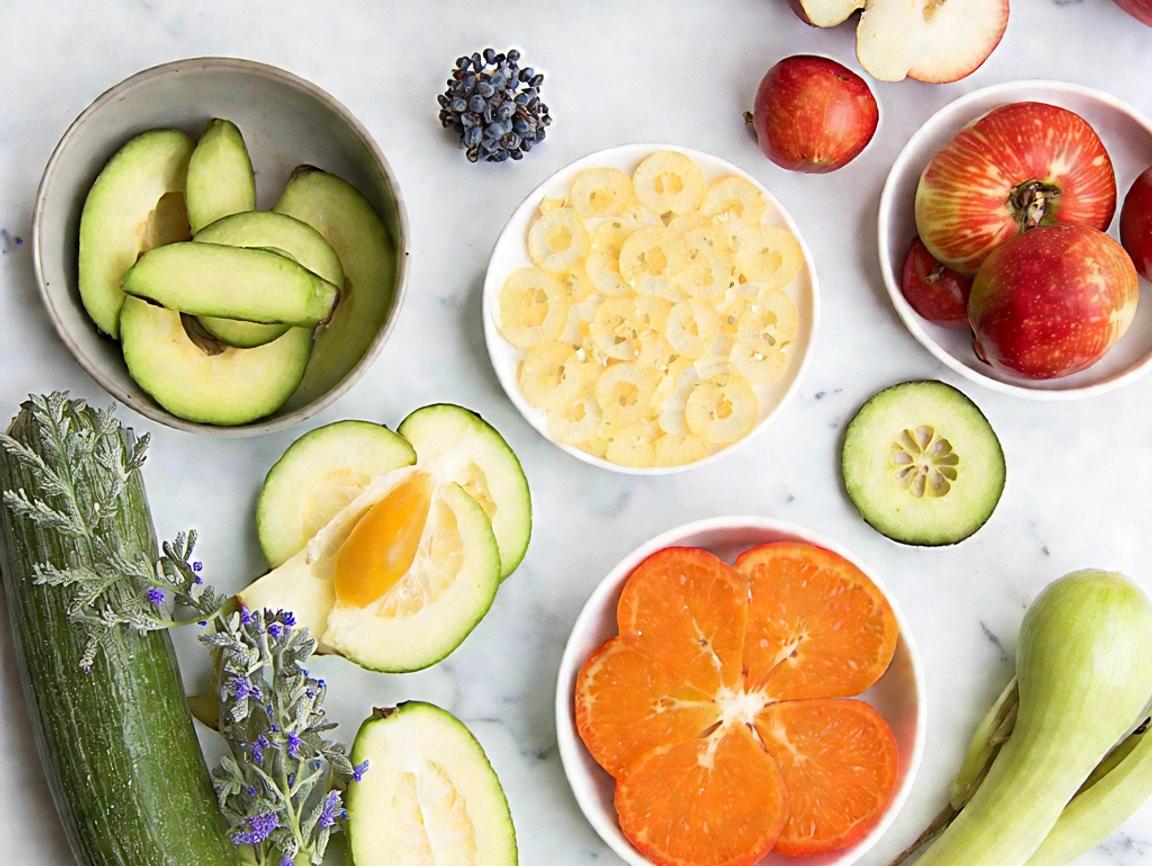Cortisol, High Achievers, and the Power of Nutrition
As someone deeply passionate about optimizing health and performance, I understand the toll that chronic stress can take. For high achievers, cortisol—the body’s primary stress hormone—can be both a friend and foe. It’s crucial for survival, but when it’s constantly elevated, it can derail your efforts by causing weight gain, sleep disturbances, and cognitive fog.
The great news? Nutrition can play a powerful role in regulating cortisol levels. By incorporating the right foods into your routine, you can reduce stress’s impact on your body and mind, reclaim energy, and elevate your performance. Let’s explore the science and some personalized gluten-free meal ideas packed with detailed nutritional benefits.
Understanding Cortisol and Its Impact
Cortisol, produced by the adrenal glands, is released in response to stress or low blood sugar. In acute situations, it’s helpful—boosting energy and focus. However, chronic cortisol elevation can lead to:
- Weight Gain: Particularly in the abdominal area, increasing the risk of metabolic syndrome.
- Disrupted Sleep: High cortisol can interfere with melatonin production.
- Insulin Resistance: Prolonged cortisol increases blood sugar levels, which can lead to insulin resistance and difficulty managing weight.
- Mood Swings: High cortisol affects serotonin levels, which are critical for mood stability.
Key Nutrients to Support Cortisol Regulation
Healthy Fats: Omega-3 fatty acids reduce inflammation and promote brain health.
- Sources: Salmon, walnuts, flaxseeds, chia seeds.
Magnesium: Calms the nervous system, regulates blood pressure, and supports adrenal health.
- Sources: Spinach, almonds, quinoa, avocados.
Antioxidants: Combat oxidative stress caused by chronic cortisol elevation.
- Sources: Berries, kale, sweet potatoes, bell peppers.
Complex Carbohydrates: Stabilize blood sugar and promote serotonin production.
- Sources: Brown rice, sweet potatoes, gluten-free oats.
Protein: Provides amino acids for neurotransmitter synthesis and muscle repair.
- Sources: Chicken, turkey, chickpeas, lentils.
Gluten-Free Meals to Support Cortisol Regulation
1. Quinoa Salad with Avocado and Spinach
Ingredients:
- Quinoa (1 cup, cooked): 222 calories, 8g protein, 39g carbs, 4g fat
- Avocado (1 medium): 240 calories, 3g protein, 12g carbs, 22g fat
- Spinach (1 cup, raw): 7 calories, 1g protein, 1g carbs, 0g fat
- Lemon juice (1 tbsp): 4 calories, 0g protein, 1g carbs, 0g fat
- Olive oil (1 tbsp): 119 calories, 0g protein, 0g carbs, 14g fat
Total Macros:
- Calories: 592
- Protein: 12g
- Carbohydrates: 53g
- Fat: 40g
Why It’s Effective: Magnesium from quinoa and spinach helps calm the nervous system, while healthy fats in avocado and olive oil support adrenal health.
2. Baked Salmon with Sweet Potato and Broccoli
Ingredients:
- Salmon (6 oz): 367 calories, 39g protein, 0g carbs, 22g fat
- Sweet Potato (1 medium, baked): 103 calories, 2g protein, 24g carbs, 0g fat
- Broccoli (1 cup, steamed): 55 calories, 5g protein, 11g carbs, 1g fat
- Coconut oil (1 tsp, for roasting): 40 calories, 0g protein, 0g carbs, 4.5g fat
Total Macros:
- Calories: 565
- Protein: 46g
- Carbohydrates: 35g
- Fat: 27.5g
Why It Works: Salmon’s omega-3 fatty acids lower inflammation and promote hormonal balance, while sweet potatoes provide slow-releasing energy and support serotonin production.
3. Chickpea and Vegetable Stir-Fry
Ingredients:
- Chickpeas (1 cup, cooked): 269 calories, 15g protein, 45g carbs, 4g fat
- Bell Peppers (1 cup, sliced): 45 calories, 2g protein, 9g carbs, 0g fat
- Carrots (1 cup, sliced): 55 calories, 1g protein, 13g carbs, 0g fat
- Sesame oil (1 tsp, for stir-fry): 40 calories, 0g protein, 0g carbs, 4.5g fat
- Tamari (1 tbsp): 10 calories, 1g protein, 1g carbs, 0g fat
Total Macros:
- Calories: 419
- Protein: 19g
- Carbohydrates: 68g
- Fat: 8.5g
Why It’s a Staple: Chickpeas are packed with protein and fiber, stabilizing blood sugar and reducing cravings, while colorful veggies deliver antioxidants to combat oxidative stress.
Practical Tips to Manage Cortisol Beyond Nutrition
- Prioritize Restful Sleep: Aim for 7-8 hours of quality sleep. A bedtime routine with magnesium-rich snacks like a handful of almonds can help.
- Stay Active: Opt for moderate-intensity workouts like yoga or walking. Intense exercise can elevate cortisol, so find a balance.
- Practice Mindfulness: Deep breathing, meditation, or journaling can reduce the perception of stress and lower cortisol naturally.
- Stay Hydrated: Dehydration can elevate cortisol, so aim to drink at least half your body weight in ounces of water daily.
- Time Your Meals: Regular meals with balanced macros prevent blood sugar spikes, keeping cortisol in check.
Your Path to a Balanced Life
Managing cortisol isn’t about eliminating stress—it’s about equipping your body to handle it better. By integrating these cortisol-friendly meals and practical strategies into your lifestyle, you’re taking a powerful step toward enhancing your health, focus, and overall resilience.
Remember, health is personal. Experiment with these ideas, listen to your body, and make adjustments that align with your unique needs. Your journey to balance starts here, one mindful meal and one intentional choice at a time.
